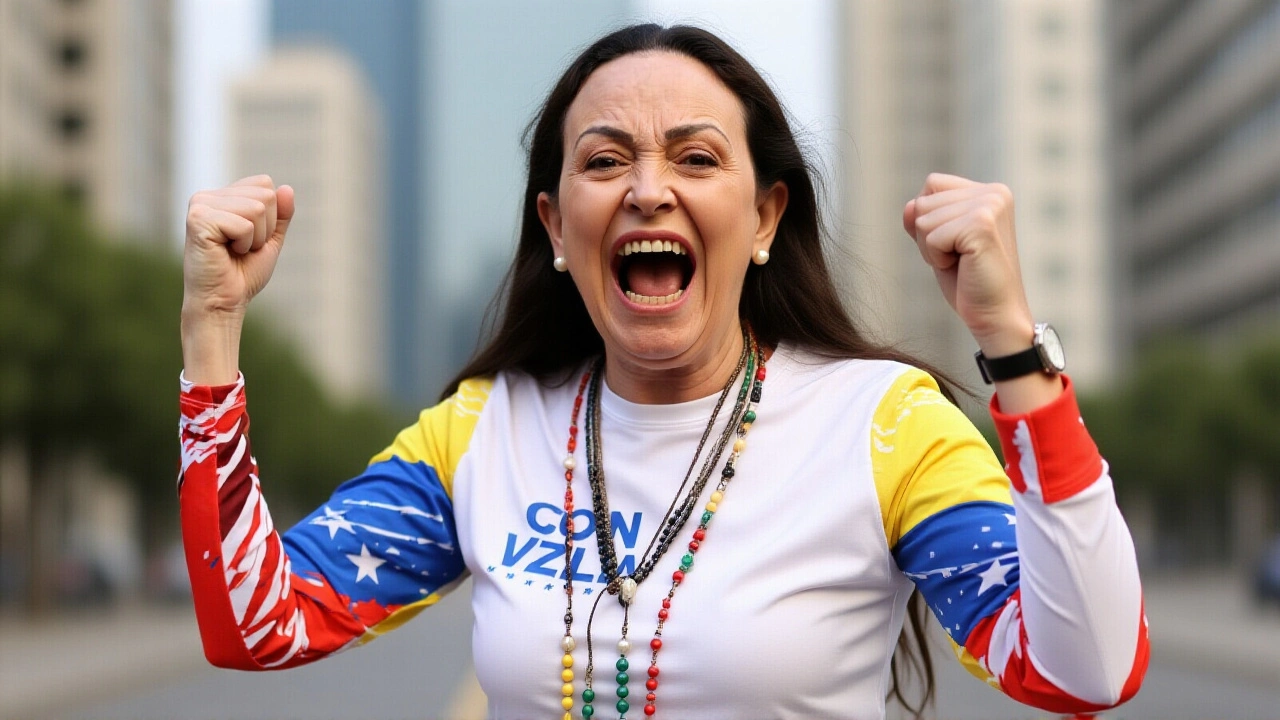When talking about Democracy, a system where citizens hold the power to choose their leaders and shape laws. Also known as people‑rule, it thrives on transparent elections, active civil society and accountable parliament. Elections, periodic votes that decide who represents the public are the heartbeat of any democratic setup, while the Parliament, the legislative body that drafts and reviews laws turns those votes into policy. When citizens take to the streets, civil unrest, mass protests that demand change or highlight grievances can push governments to adjust, reform, or sometimes double‑down. In short, democracy encompasses free elections, requires engaged citizens, and is constantly shaped by the push‑pull of protest and parliamentary debate.
Recent headlines from Kenya, South Sudan and Nigeria illustrate how democracy works on the ground. Kenyan Gen Z activists rallied over a finance bill, showing how youth‑driven protests can spark a national crisis and force leaders like President William Ruto to rethink policy. In South Sudan, a 0‑0 draw in World Cup qualifiers may seem like sports, but it also reflects how stable governance—or the lack of it—affects funding for national programs, including sport. Nigeria’s ASUU strike underscores the link between education funding, labor rights and democratic accountability: when teachers walk out, the government’s response tests its commitment to fair representation. These examples reinforce the semantic truth that civil unrest influences democratic reforms, and that parliamentary decisions shape everyday life. They also prove that elections are not just a one‑off event but a continual process of negotiation between voters and officials. By tying real‑world events to core concepts, we see democracy in action: a dynamic, messy, often contentious system that still aims for public consent.
Below you’ll find a curated selection of articles that dive deeper into each of these angles. From the Wisconsin Assembly’s partisan resolution to the latest African football stalemates, the collection shows how democracy plays out in politics, sport, and civil society. Expect analysis of protest movements, breakdowns of parliamentary votes, and insight into how elections shape policy across continents. Dive in and discover how the principles of democracy shape the stories you read every day.
Posted by
Siseko Tapile
16 Comments

María Corina Machado of Venezuela wins the 2025 Nobel Peace Prize, spotlighting her fight for democracy and drawing global attention to the country's crisis.
read more